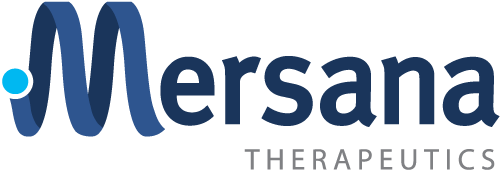ADCs are not one-size-fits-all. Dolasynthen is a platform that generates site-specific, homogeneous ADCs, utilizes a proprietary payload and has the ability to match the drug-to-antibody ratio (between 2-18+) to specific targets, providing the potential to maximize the therapeutic index. The Dolasynthen scaffold has been precisely balanced to provide optimal water solubility, charge balance, linker stability and DAR.
Illustrated by our preclinical data (see here and here), optimized Dolasynthen ADCs exhibit a broad therapeutic index as a cancer therapy. These data demonstrate the potential for the Dolasynthen platform to generate the optimal ADC for a given target and antibody.
Emi-Le (emiltatug ledadotin; XMT-1660) is a B7-H4-directed Dolasynthen antibody-drug conjugate with a precise, target-optimized drug-to-antibody ratio (DAR 6) and a proprietary cytotoxic payload with controlled bystander effect. B7-H4 is expressed in high unmet need tumors, including breast, endometrial and ovarian cancers as well as adenoid cystic carcinoma type 1, with limited expression in healthy tissue. In the initial clinical data that were reported from Phase 1 as of a December 13, 2024 data cutoff, Emi-Le was observed to be generally well tolerated with a differentiated safety and tolerability profile. Additionally, confirmed objective responses were observed across multiple tumor types, including in patients with triple negative breast cancer who had previously been treated with a topoisomerase-1 inhibitor ADC.
